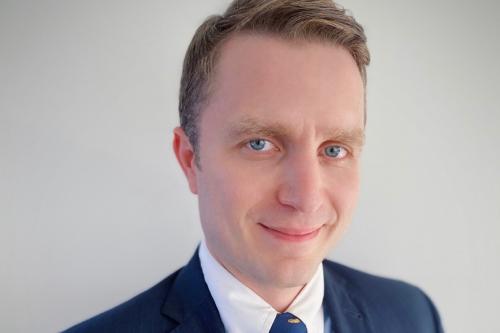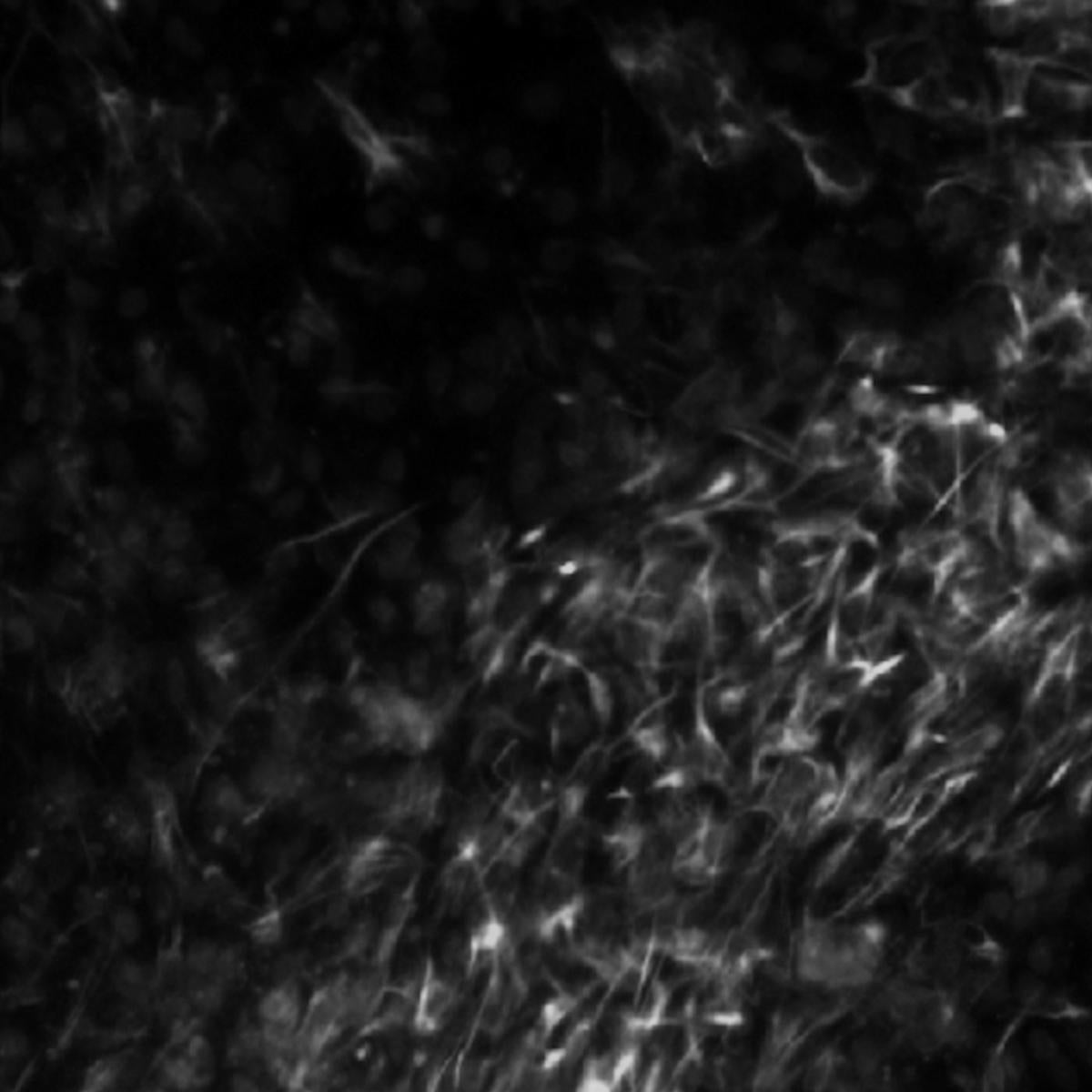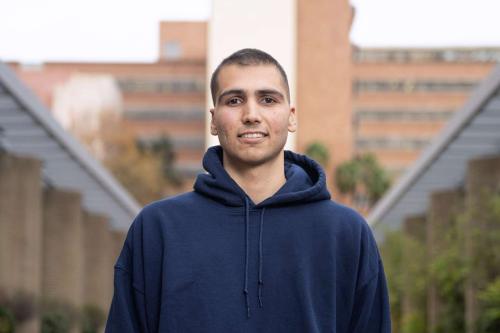
Joseph G. Crompton, M.D., Ph.D.

Joseph G. Crompton, M.D., Ph.D., studies the stem-like features of immunological memory, or how the body “remembers” past encounters with pathogens to respond effectively to reexposures. The ultimate goal of his research is to improve the efficacy of cell-based immunotherapies for advanced cancers.
Crompton’s research focuses on characterizing the immune response to cancer and identifying approaches to reverse immunologic exhaustion and enhance the potency and longevity of tumor-specific T cells by promoting their stem-like features. The therapeutic goal of this work is to improve the efficacy of receptor-engineered adoptive immunotherapies for advanced cancers.
He has also previously characterized the epigenetic landscape during CD8 T-cell differentiation and identified an approach to promote stem-like features in anti-tumor T cells using a small molecule AKT inhibitor.
Crompton’s clinical focus is on the multi-modality treatment of soft tissue sarcoma, melanoma and cutaneous malignancies. He maintains a busy practice performing operations on patients with sarcoma and melanoma and has an ongoing clinical protocol that enables efficient access and banking of clinically annotated biospecimens.
Research Projects
- Leveraging stem cell reprogramming In stem cell research, scientists can reprogram cells that have undergone differentiation, such as skin or blood cells, to revert back into an embryonic-like state. The resulting cells are called induced pluripotent stem cells. reprogramming In stem cell research, scientists can reprogram cells that have undergone differentiation, such as skin or blood cells, to revert back into an embryonic-like state. The resulting cells are called induced pluripotent stem cells. techniques to reverse senescence The natural process by which a cell permanently stops dividing but does not die. As we age, the number of senescent cells in our bodies increases, which can lead to functional decline and may contribute to age-related diseases such as Alzheimer's and cancer. senescence The natural process by which a cell permanently stops dividing but does not die. As we age, the number of senescent cells in our bodies increases, which can lead to functional decline and may contribute to age-related diseases such as Alzheimer's and cancer. and poor effector function of anti-tumor T cells White blood cells that naturally fight against disease-causing invaders using specialized molecules, called receptors, on their cell surface. The receptors help T cells seek out and destroy virus-infected cells or cancer cells. T cells White blood cells that naturally fight against disease-causing invaders using specialized molecules, called receptors, on their cell surface. The receptors help T cells seek out and destroy virus-infected cells or cancer cells.
- Identifying mechanisms underlying the capacity of T and B cells to undergo self-renewal When stem cells self-renew, they divide to make identical copies of themselves. self-renewal When stem cells self-renew, they divide to make identical copies of themselves. and develop specialized immune cells
- Studying cross-sectional imaging techniques to improve surveillance and preoperative staging for sarcoma patients
- Exploring how lymphoid structures inside tumors can help fight cancers, with a focus on the role of B cells in sharing information with other immune cells to mount a strong response
- Studying the epigenetic, signal transduction and metabolic characteristics that enable CD8+ T cells to produce long-lived memory T cells
-
Medical Board Certification
- Surgery, American Board of Surgery, 2019
Fellowships
- Surgical Oncology, Memorial Sloan-Kettering Cancer Center, 2020
- Surgical Oncology, National Cancer Institute, 2015
Residency
- General Surgery, David Geffen School of Medicine at UCLA, 2018
Degrees
- Ph.D., Immunology, Magdalene College University of Cambridge, England, 2016
- M.D., Johns Hopkins University School of Medicine, 2009

